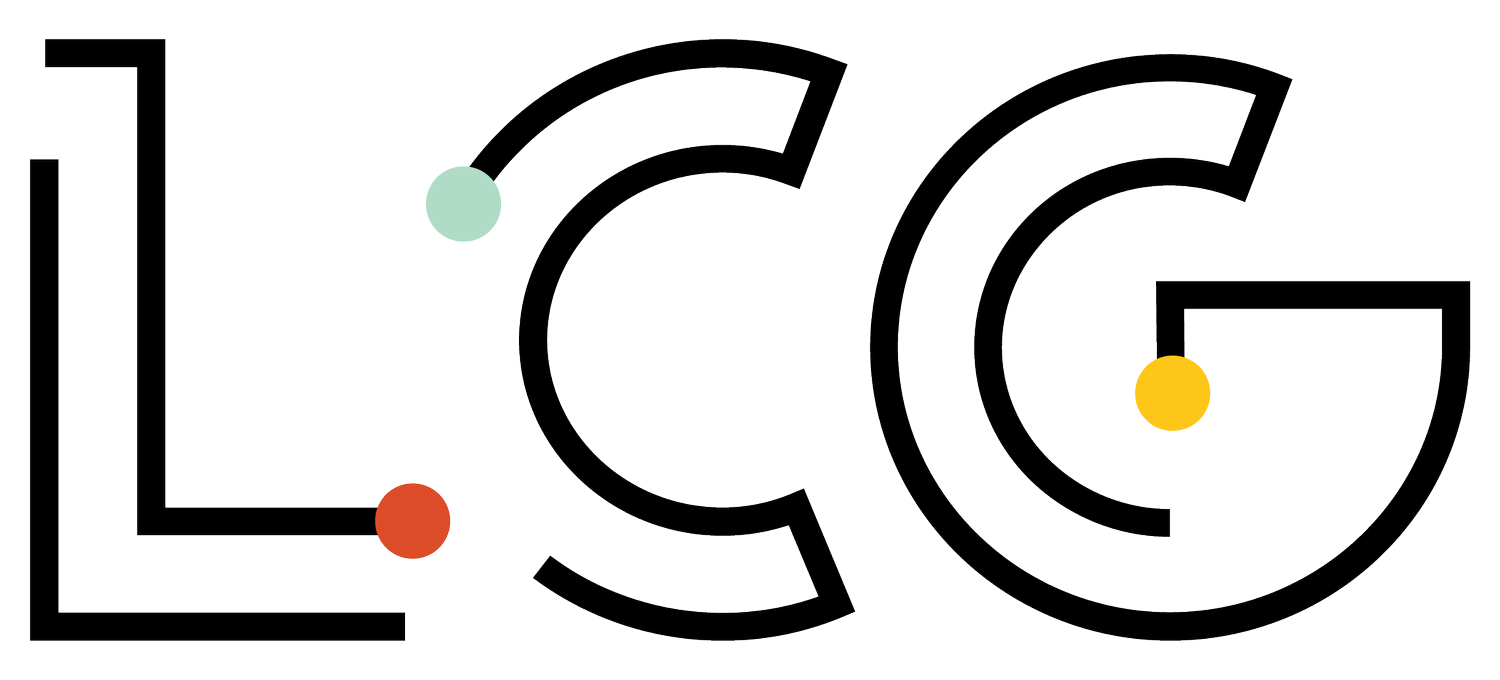Tony Wan has been an EdTech player for over a decade. He went from developing and marketing a math game to growing the EdSurge newsletter into a pillar of the industry. Currently serving as Head of Platform for Reach Capital, Tony sits down with Elana Leoni, CEO of Leoni Consulting Group, to discuss the perks and pitfalls of ChatGPT, the expanding role of artificial intelligence (AI) in EdTech, and how the EdTech market is shifting in 2023.
ChatGPT Is Not The Enemy
Given the buzz around ChatGPT, Tony offers some perspective about what this chatbot represents:
"AI in education was happening in the background to help make certain processes more efficient, particularly grading. But with ChatGPT, it can rival human output in terms of creativity, maybe less so on the accuracy side. I first learned about it on Discord: 'Hey, this new cool tool that I can use to do all my homework!' There's a devious side of me that says if I were a student, I would probably do the same thing."
ChatGPT is already banned in many school districts, a reaction that Tony notes is similar to how cell phones and social media were banned before educators incorporated them as learning tools.
"The quickest way to get eyeballs onto something is to ban it. This knee-jerk reaction was predictable. But I'm hoping that, as with Google or YouTube or Wikipedia, it's going to push us towards new ways of thinking around our pedagogy. For all the concerns around academic integrity and plagiarism, which I believe are well-founded, I see glimmers of a teacher who's trying out ChatGPT for themselves and using it to push their own thinking around assignments, and having a discussion with students around what this technology means in the process of learning."
Writers And Educators Still Matter
As a writer, Tony was curious about whether ChatGPT would make him obsolete, so he did an experiment:
"I fed all of my EdSurge articles, around 700 of them, into the GPT backend to fine-tune it. I wanted to see if it could create articles that sounded like me. In terms of tone and voice, it could mimic my patterns, the things you think are unique to your style, but that a machine could learn instantly. I think that this feedback, or reflection at least, can be a useful instructional tool as we think about what the future of writing looks like. The caveat is that all the facts are inaccurate. I essentially created a bot that spits out fake news in my voice."
He recommends that teachers feed potential assignments into ChatGPT. If the results are too close to what students might turn in as original work, he suggests:
"Think about an assignment that AI can't necessarily replicate, or maybe think differently around what you want your students to communicate, or how you want them to develop their style. I hope that ChatGPT opens up possibilities to explore new ways of writing, new styles, and different formats beyond the standards for essays that we typically rely on in schools."
Just as writers won't become obsolete, Tony says, neither will teachers.
"There will still be a need to communicate the fundamentals of writing: grammar, punctuation, and sentence structures. I don't know if ChatGPT can help you set those foundations. If you're becoming more of an editor than a writer in an AI-assisted working world, you still need to know what good writing looks like in order to be a good editor."
Tony admits optimism about certain outcomes:
"A lot of people don't like writing for a myriad of reasons. I'm hoping that there may be opportunities for this to bring out more of the joy of writing by allowing people to explore different styles and different ways to convey the written word."
Be Mindful Of Tech Fatigue
Considering the bigger picture of AI in EdTech, Tony notes some of Reach Capital's clients working in this area:
"We had a company called Gradescope that did image recognition for grading. It was acquired by Turnitin. There's one called Mathpix, which is image recognition for handwriting in math and science. TeachFX uses AI to capture and analyze the discourse that's happening in the classroom: How much are teachers talking? How much are students talking? What kinds of questions is the teacher asking? That's another really interesting use case of AI."
Despite these emerging products, the market is currently facing a sense of post-COVID EdTech fatigue now that districts are no longer as reliant on remote learning. Tony offers this advice for developers:
"I think there is a trend towards paring down the vast sea of tools and apps that were tried during 2021. Where does your offering sit within a toolbox that is very full right now? Be mindful of the user experience from the student, teacher, and admin side, because tech fatigue is real. We're seeing a swing toward focus on usage. Is your tool actually being used? This is a challenge for the industry, but I think it is a good challenge. The bar has been raised to make sure that public dollars are being spent on things that are being used to their intended effect. This has been an ongoing conversation since the days when I tried to put my math game into schools. I'm pleased to see a growing trend towards efficacy in the implementation."
Resources Mentioned in this Episode:
What I Learned From Tuning GPT-3 to Write Edtech News Like Me, Tony’s experiment using GPT 3
GPT and a New Generation of AI for Education, a blog Tony wrote on the topics discussed
5 Stats Shaping My Investment Theses in 2023, a blog from Jennifer Carolan that Tony references in this episode
Against Macro Headwinds, US Edtech Raised $5.2 Billion in 2022, another blog post by Tony
Other ChatGPT Resources:
Stop Freaking Out Over ChatGPT #EdChat, Nick Provenzano’s blog about Chat GPT
No, Artificial Intelligence Won’t Destroy High School English (Or Any Other Subject), John Spencer’s blog about ChatGPT
60+ Must-Try ChatGPT Prompts for Teachers by ClassTechTips
ChatGPT in the classroom: Here's what teachers and students are saying (USA Today)
ChatGPT Used by Teachers More Than Students, New Survey from Walton Family Foundation Finds (Walton Family Foundation)
All Things Tony:
Get in touch with Reach Capital: Twitter | LinkedIn
Elana Leoni, Host
Elana Leoni has dedicated the majority of her career to improving K-12 education. Prior to founding LCG, she spent eight years leading the marketing and community strategy for the George Lucas Educational Foundation where she grew Edutopia’s social media presence exponentially to reach over 20 million education change-makers every month.
Tony Wan, Guest
Tony Wan is Head of Platform for Reach Capital, leading content and community operations and supporting Reach’s expansive network of founders and friends. Before joining Reach, he was a co-founder, reporter, and managing editor at EdSurge, covering the EdTech business and financing beats. His path to EdTech began with a math game that started as a side project with friends and became a startup. Tony has an M.A. in East Asian Studies from Stanford University and a B.A. in History from UC San Diego. He was one of Forbes’ 30 Under 30 in Education in 2014, and a Reporting Fellow at the Education Writers Association in 2020.
About All Things Marketing and Education
What if marketing was judged solely by the level of value it brings to its audience? Welcome to All Things Marketing and Education, a podcast that lives at the intersection of marketing and you guessed it, education. Each week, Elana Leoni, CEO of Leoni Consulting Group, highlights innovative social media marketing, community-building, and content marketing strategies that can significantly increase reach, relationships, and revenue.
Rate, Like, and Subscribe
Let us know what you thought about this episode by rating and reviewing our podcast. Click here, scroll to the bottom, tap to rate with five stars, and select “Write a Review.” Then be sure to let us know what you loved most about the episode! Also, if you haven’t done so already, subscribe to the podcast to be notified when we have more content to share with you.





